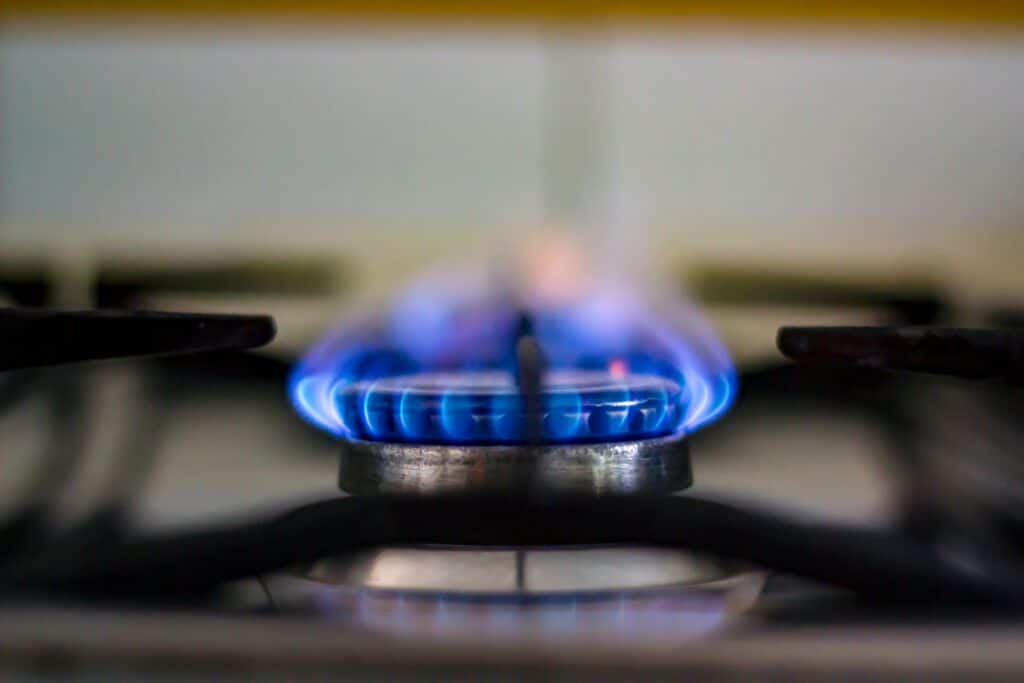4 Ways to Stay Safe from Carbon Monoxide Poisoning
4 Ways to Prevent Carbon Monoxide Poisoning

Carbon Monoxide. You’ve probably heard of it but might not be quite sure about what it is. Carbon monoxide (CO) is an odorless, colorless, tasteless gas that’s a byproduct of burning any kind of fuel. Wood, coal, gasoline, diesel, wood pellets, natural gas, propane, and kerosene all give off carbon monoxide. Which is why you need to take precautions when using anything that burns fuel.
Carbon monoxide is deadly. In the United States, around 500 people per year die from CO poisoning, 50,000 end up in the emergency room, and around 4,000 people are hospitalized.
Read on to learn about some ways to prevent CO poisoning so you can keep your family safe, or simply call the West Milford HVAC experts at Mark Lindsay and Son today!
1) Have Your HVAC System Serviced Annually
This is something you should be doing already. Keeping your HVAC system in proper condition will go a long way to keeping your family safe. Aside from saving money on heating and cooling bills, it can save your lives. Making sure your system is running cleanly and venting properly can help prevent carbon monoxide leaks. Have your heating maintenance or AC maintenance technician check all the vents for any possible leaks. Sealing the joints with the proper tape (duct tape isn’t good for this, actually) and making sure they’re not clogged, or blocked outside are also vital to proper exhaust venting.
Also have your chimney cleaned annually. Even if you don’t have a fireplace, you can still get a buildup of crud and debris. Birds like to make nests in chimney openings, and this can lead to a blockage and fume leakage into your home. Having a chimney guard that keeps birds from nesting is a good idea.
2) Install Carbon Monoxide Detectors
You should install carbon monoxide detectors in the hallway of each sleeping area of your home. You should check your CO detector batteries (at least twice a year) when you check your smoke detector batteries. Replace the batteries at the same time you change your smoke detector batteries. If you have a newer detector, they’re powered by a sealed lithium battery that lasts 10 years. Detectors can also be hardwired (usually found in newer homes with the correct wiring) or plug-in. These use backup batteries in case of a power failure. You should replace the backup batteries annually. You should test them regularly as shown in the manufacturer’s instructions. If you have a boat or RV, you should consider installing CO detectors in them, too.
3) Be Careful with Any Fuel Burning Device
Never use a gas stove or oven to heat your home. Make sure your gas dryer, refrigerator, water heater, fireplace, etc. are properly vented. Have them checked by a professional at least once a year.
DO NOT use gas camp stoves indoors, ever. Nor should you use a gas, charcoal, or hibachi grill in the house, boat, tent, or camper.
Don’t run a motor vehicle, generator, power washer, or any gasoline powered engine within 20 feet of a window or opening that lead into an enclosed area.
Don’t run a generator, power washer, or any other gasoline engine inside an enclosed area, even when the windows and doors are open.
4) Don’t Run Your Car or Truck in the Garage
Just don’t. Even with the garage door open. This is a common way people suffer CO poisoning. Not only does it fill the garage with fumes, but they can also leak into your home, especially if the garage is attached to your house.
Some people still believe you need to “warm up” your car before you drive, especially in cold weather. With older cars it was somewhat necessary, however, today’s cars don’t need to. You’re just wasting gas and risking serious injuries. If you feel you do need to warm up your car, back it or pull out of the garage and close the garage door. This will prevent fumes from getting into the garage and house.
Call the Mark Lindsay Team to Help Keep Your Family Safe
For more information about preventing carbon monoxide poisoning, call us at Mark Lindsay & Son, and we’ll be happy to work with you to make sure you and your family are safe. We can make sure your HVAC system is working properly and help you with placing carbon monoxide detectors to keep you and your family safe!

